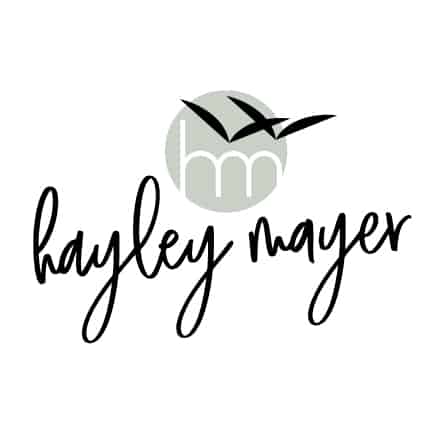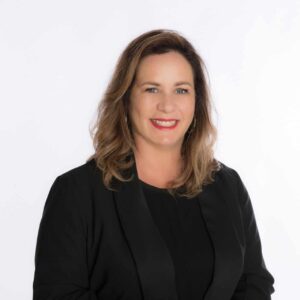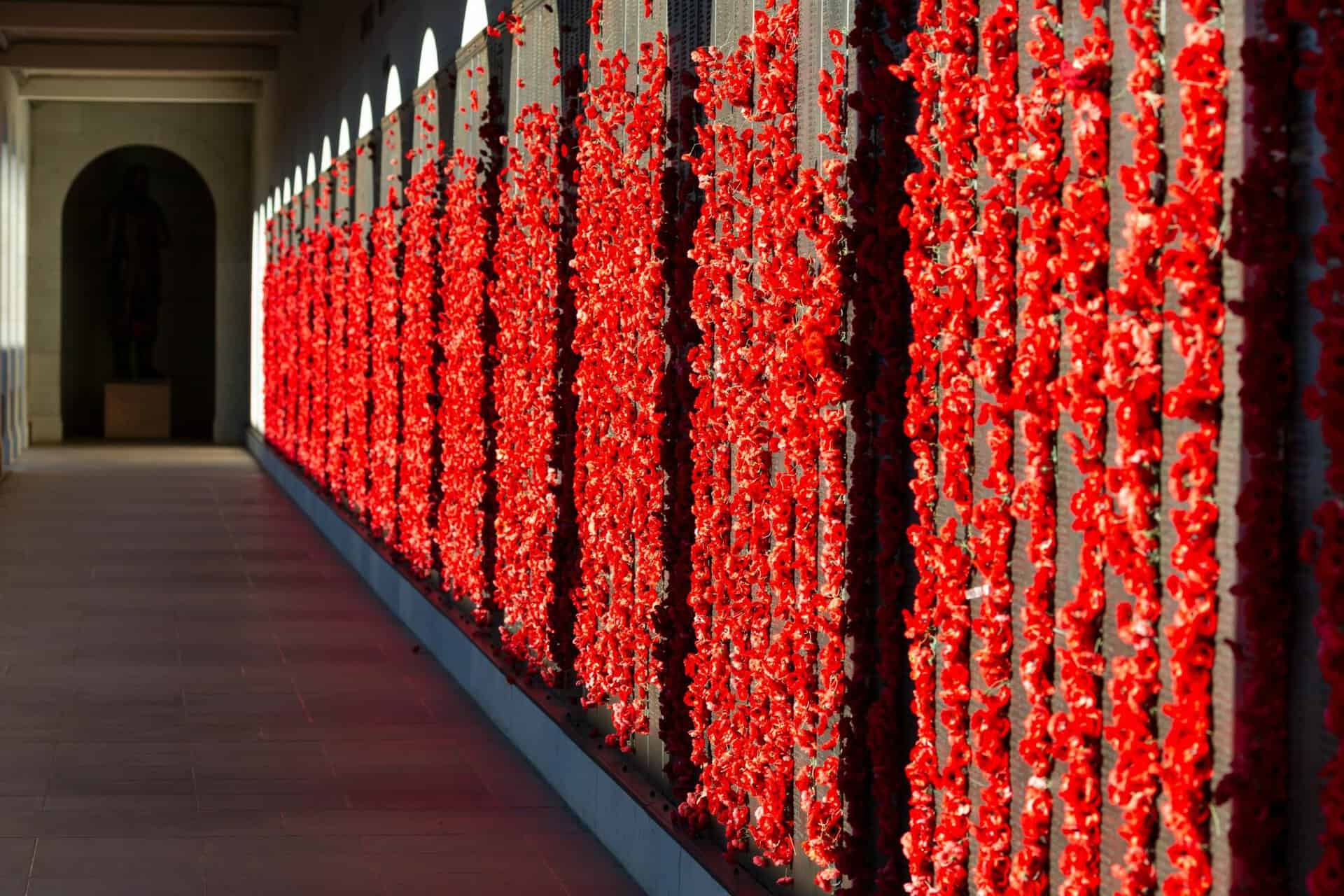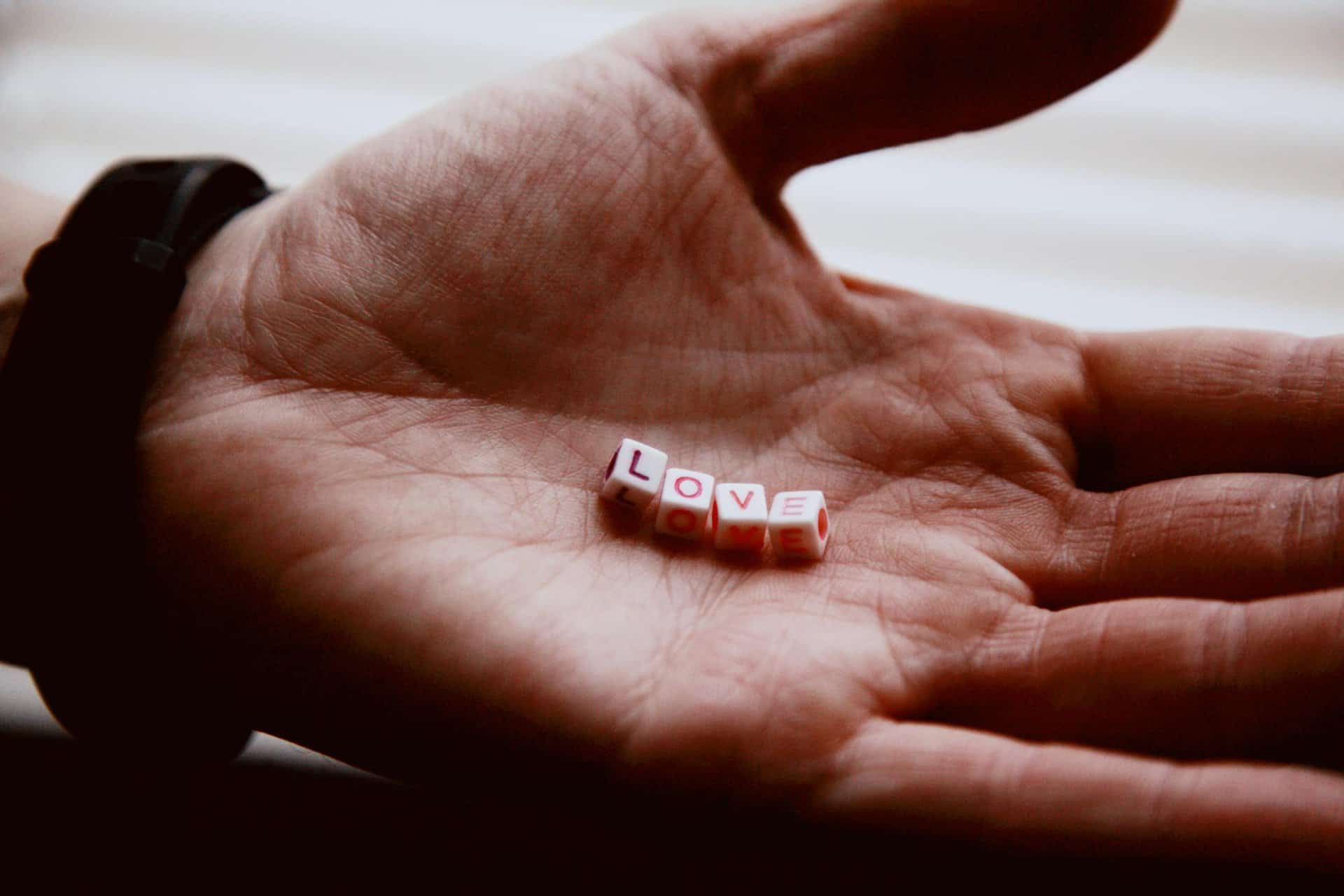There Is No Hierarchy of Suffering
Today is R U OK day and whilst it is a great cause for us to look out for others and ask the question, it is also a suitable time to ask ourselves the same question.
All too often we are so busy being busy that we forget to check in with ourselves and so today I invite you to sit quietly and ask yourself “how am I”? Then I invite you to take it a step further and acknowledge your hurts and do not minimize them. What I find in therapy, is a client will sheepishly tell me what is causing them misery, but immediately apologize for articulating it because they do not feel it is worthy when there is so many bigger issues that someone else is dealing with. They feel ashamed for feeling what they are feeling and judge themselves for feeling it.
Edith Eger is a holocaust survivor who authored a book called “The Choice: Embrace the Possible,” which Encapsulates this notion eloquently.
“I also want to say that there is no hierarchy of suffering. There is nothing that makes my pain worse or better than yours, no graph on which we can plot the relative importance of one sorrow versus another. People say to me, “Things in my life are pretty hard right now, but I have no right to complain, it’s not Auschwitz”. This kind of comparison can lead us to minimize or diminish our suffering. Being a survivor, being a “thriver” requires absolute acceptance of what was and what is. If we discount our pain or punish ourselves for feeling lost or isolated or scared about the challenges in our lives, however insignificant these challenges may seem to someone else, then we’re still choosing to be victims. We’re not seeing our choices. We are judging ourselves.” Edith Eger. The Choice: Embrace the Possible
There is NO hierarchy of suffering although we think there is. It is as though someone has ranked everything that can go wrong, and we keep our suffering low on that list.
Even against the backdrop of large-scale suffering, such as floods, fires, or wars, life continues to through its curve balls at us. Whilst it is beneficial to keep the trivial things in perspective we should not be constantly comparing, and measuring. When we do that, we silence each other and ourselves with our reckoning. There is no measure, and it does not matter whose suffering outweighs whose. Sorrow has no hierarchy and suffering is not a sport. Thinking like that prevents us from sharing what happens to us and minimizes things that need to be known.
For instance, if we fail to tell a friend about something troubling us because they have a disease, going through a divorce, lost their job, or whatever, your friendship will suffer, and your connection will be lost because we were ashamed of mentioning our lesser misery. Life becomes too lonely if we are afraid to speak out. We place a wall between us, and the connection becomes disconnected and even worse, the pent-up self-pity can quickly turn into something more sinister. Our feelings will come out in maladjusted ways, either in behavioral ways where we just snap or in disease, the “dis ease” of the mind.
So, on R U OK day or any other day that you are having a conversation with someone about how they are doing, if they mention what their problem is, please just listen and paraphrase back to them what you have heard them say. Often, we try our best to help them feel better and respond with “oh you think that is bad, you should see what happened to me”. This may have come from a good place in your heart to try and normalize their concerns, but all it does is further emphasize that their problem is low on the hierarchy of suffering.
The R U OK day strategy of looking out for your friends, family or workmates follows a remarkably simple approach. Remember A L E C as the acronym.
A – Ask the person if they are ok and let them know that they have not been themselves lately.
L – Listen and paraphrase back to them that you have heard
E – Encourage them to seek help
C – Check in on them.
You do not need to normalize or advise and that way the person will feel heard and validated.
We live in a competitive world, and we tend to compare relentlessly. We compare horrific stories of miseries that other people endured; we compare how quickly we healed from an operation on minimal pain killers versus the other person who had a dramatic healing process. It is easy to fall into the trap of comparison.
I remember speaking to a friend from South Africa who was telling me of a terrible story of what her grandson went through, a horrific experience of being hijacked and beat up. Shortly after getting off the phone another friend called and was speaking about what seemed like a first world problem. She was stressed about the lack of sanitizer at school for the kids. I was quite abrupt, rude, and just wanted to put into perspective how lucky our kids were to be living in a safe country and how trivial her concern seemed to be. It was not her fault that she had not experienced a hijacking, she was working in her sphere of influence doing what she could. The grandsons’ horrific story does not diminish her distress, and both are part of life and the only connection between them should have been empathy.
There is a saying that paper cuts can hurt more than a major incision because there are more nerve endings, and this is a good metaphor. One thing does not trump another, and any distress deserves a response. It does not matter that one person may be tough enough to move through crises with ease whilst another gets undone going to the shops.
We do not have to save our sympathy for real suffering. Empathy like love comes in a limitless supply.





